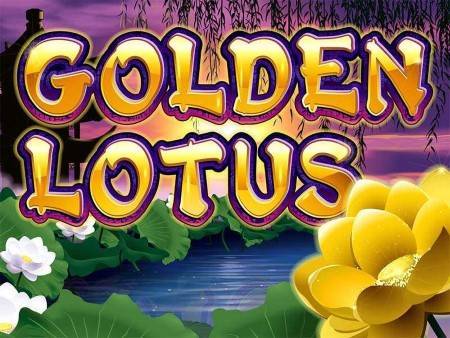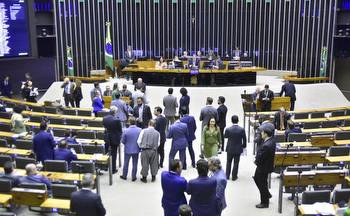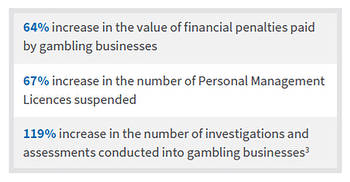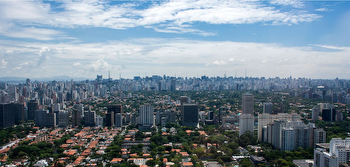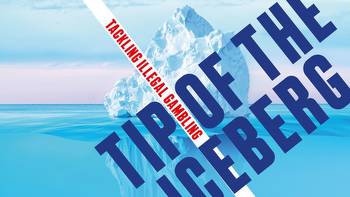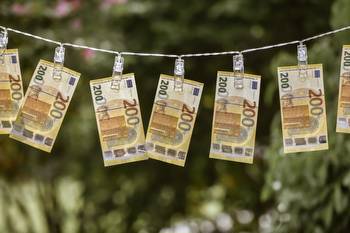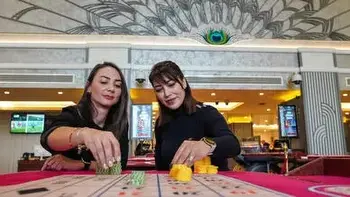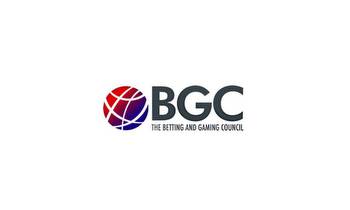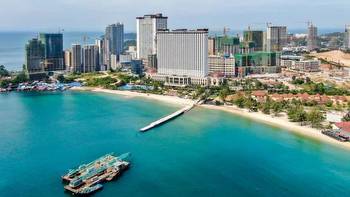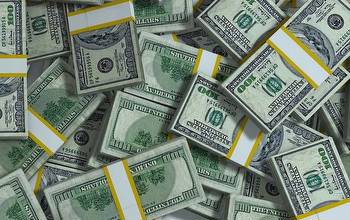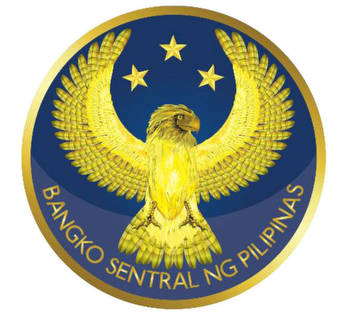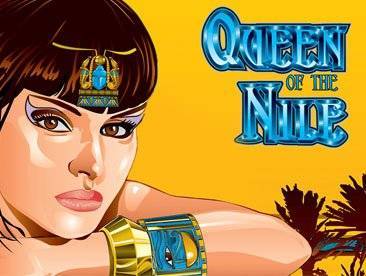Imbert: Gambling sector vulnerable to criminals
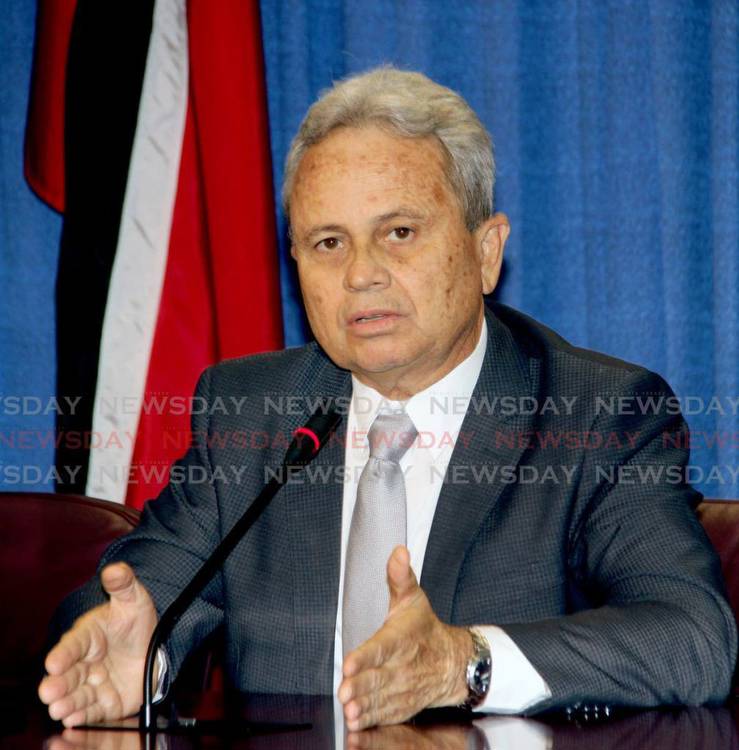
FINANCE Minister Colm Imbert has said the lack of proper safeguards in the local gambling sector, make it vulnerable to the nefarious agenda of criminals.
Imbert also said as part of new legislative measures to properly regulate the sector, internet gambling will not be allowed in Trinidad and Tobago.
He made these statements as he opened debate on the Gambling (Gaming and Betting) Control Bill, 2021 in the House of Representatives on Wednesday.
Imbert said the bill was the mirror image to one passed by the UNC-led People's Partnership (PP) coalition government in May 2015, before it lost that year's general election to the PNM.
"It is a known fact that TT is the only country in the world that has an unregulated but thriving casino/gambling industry," Imbert said, and because of this the PNM felt it was appropriate to bring the PP's bill for Parliament's consideration, believing the PP had developed proper legislation to regulate the gambling industry.
But when the bill was laid previously in Parliament in 2017, Imbert said, "The UNC immediately opposed it and taught us a valuable lesson. There are no standards on that side."
He said that bill was later sent to a joint select committee (JSC) because it needed a special majority for passage. Imbert said the bill remained before that JSC for the last four years and there were numerous consultations with various stakeholders over that period.
"Cote ci cote la for almost 100 hours of consultations, 25 meetings, I am told from the JSC."
He said it was ridiculous to see some of the UNC's complaints, when the bill was debated in the Senate last week, that Government was rushing the bill without consultation.
"I want to repeat that except for some improvements that have become necessary because of the evolution of anti-money laundering and counter-terrorist financing (CFT) and proliferation financing that evolved over the last six years, as a result of the deliberations of the Financial Action Task Force (FATF), Global Forum, EU Council of Ministers and so on...apart from those enhancements to the bill...to introduce the Financial Intelligence Unit as the supervisory agency for money laundering as it relates to casino gambling and so on...apart from that, this bill is more or less the exact same bill that was presented and passed by the other side in 2015."
He said in 2007, FATF's third-round mutual evaluation report said there were 20 private members' clubs (PMCs) registered with the Board of Inland Revenue (BIR) which operate as casinos, 147 recreation clubs which allow gambling on a smaller scale, and no association of PMCs and PMCs are monitored by the miscellaneous taxes department of the BIR:"No AML/CFT guidelines or AML/CFT reporting guidelines in place for PMCS."
In 2016, Imbert continued, FATF's fourth round mutual evaluation report said there is significant presence of PMCs in TT "which provide gaming tables and machines that are similar to casinos."
The high cash turnover of these institutions, he said, "the nature of the clientele and the non-rigorous application of AML/ CFT requirements are a cause for concern."
FATF and the Caribbean Financial Action Task Force (CFATF) observed some local banks have refused to do business with some these entities because of this.
"There are inadequate measures in place to prevent criminals and their associates from holding or being the beneficial owners or having a significant or controlling interest or management function in these entities." Imbert added, "This is a particular concern in PMCs that provide gambling activities through gaming tables and machines that are similar to casinos."
Given the significant risk for money laundering and terrorist financing by these entities, Imbert said this deficiency must be addressed.
"The Opposition has filibustered on this matter fior six years. We in this government are no longer willing to tolerate that filibustering."
He said the gambling sector is a $16 billion industry.
"There are no adequate controls...to ensure that fit and proper people are owners and operators of casinos...that there isproper scrutiny of potential money laundering and terrorist financing...that the entities in this $16 billion industry pay their taxes."
The time had come for this to an end, he said.
Imbert estimated Government should receivea minimum of $500 million in taxes from this sector, but if it gets $50 million, it gets a lot.
Describing the enforcement of rules on internet gambling as complicated, Imbert said, "We are limiting gambling to gambling within an establishment. We are not allowing online gambling, internet gambling."
Reiterating the legislation will ensure proper checks are done on key personnel working in the industry, Imbert said there were casinos in TT owned and run by people from Eastern Europe and the Far East, and there was a lot of reported irregularity in these casinos, and a lot of leakage of foreign exchange. He had been advised that because the ownership is overseas, the profits go overseas, in US dollars, which he had been told are quite often obtained illegally to be exported.
Imbert said while bars will be permitted to operate 20 low-level gaming machines on their premises, should they increase that number, they will be classified as a casino and be subject to the Gaming Commission proposed by the bill.







